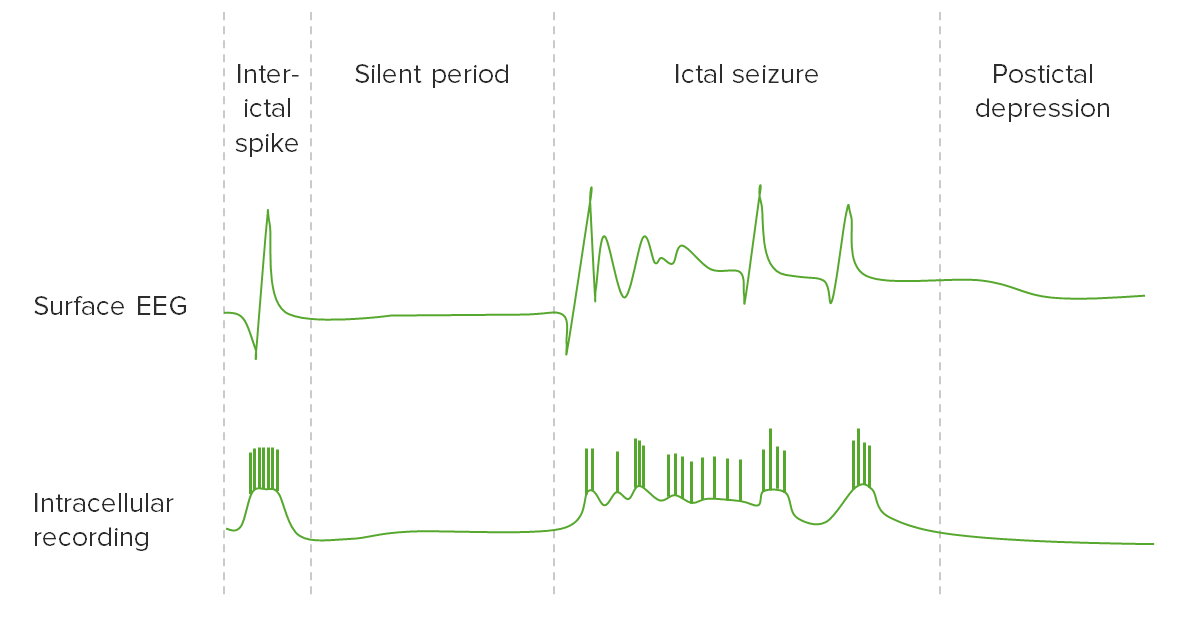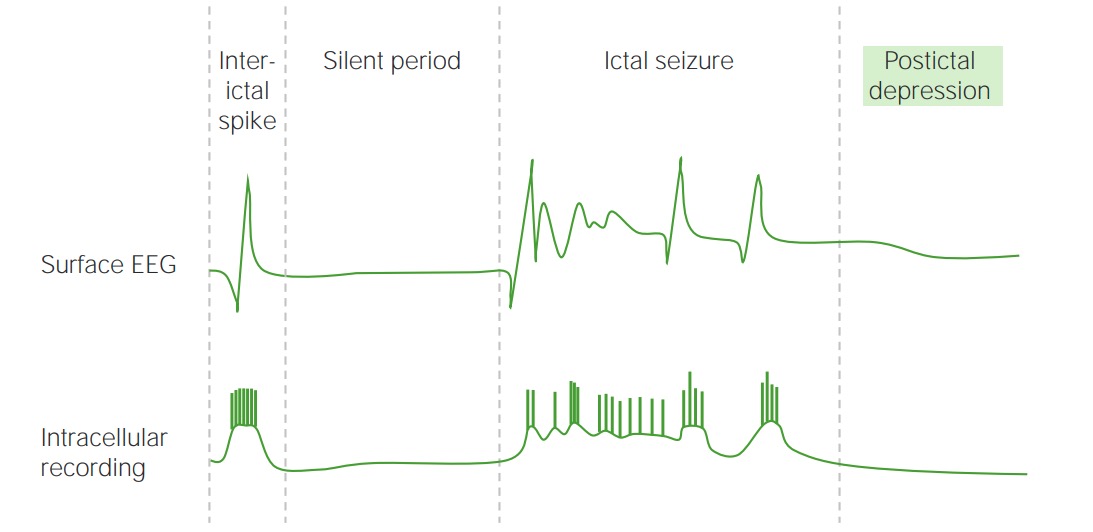Playlist
Show Playlist
Hide Playlist
Review of Seizure Systems
-
Slides Seizures Epilepsy Approach to a New Spell.pdf
-
Download Lecture Overview
00:01 We also think about a seizure review of systems and there are a few things that we think about in reviewing seizure systems that can point us in the direction of a seizure a non seizure diagnosis. 00:12 When looking at an aura we ask about to any strange tastes, smells or visual symptoms, any rising nausea or recent Deja vu, or a sense of fear or impending doom. 00:22 Sometimes these mini auras will be happening repetitively, and patients won't offer them and asking specifically about recurrent episodes. 00:30 With these symptoms can be helpful in honing in on simple partial seizures that may be occurring. 00:37 We think about seizure mimics. 00:39 Any chest pain, dizziness, lightheadedness, headache or sleep symptoms that could point towards pre-syncope or a syncable diagnosis or a parasomnia sleep disorder. 00:49 We think about things that exacerbate seizures. 00:52 Fever can lower the seizure threshold, new medications, antibiotics like the fluoroquinolones, which we discussed, stress can drive or exacerbate seizures and sleep deprivation is one of the most pervasive exacerbations of seizures and can set off seizures in someone with underlying epilepsy. 01:10 And then in terms of risk factors for epilepsy, history of seizure is a risk factor for subsequent epilepsy prior head trauma, specifically with hospitalization, or loss of consciousness or facial fractures increases the risk of subsequent epilepsy. 01:25 Patients with a history of meningitis are at higher risk of epilepsy, prior encephalitis or a brain tumour can increase the risk of developing epilepsy later in life. 01:34 History of febrile seizures also increases the risk of developing epilepsy late in life. 01:38 Many patients with febrile seizures will not, but about 3% of patients who had febrile seizures will develop epilepsy later in life.
About the Lecture
The lecture Review of Seizure Systems by Roy Strowd, MD is from the course Seizures and Epilepsy.
Included Quiz Questions
Which statement is most accurate with respect to a patient’s clinical history?
- Sleep behavior should be ascertained, as sleep deprivation will lower the seizure threshold.
- As seizure symptoms are severe, patients typically require minimal prompting.
- Aura symptoms are far less relevant than ictal symptoms.
- Asking about general symptoms, such as chest pain, can upset the patient.
- Only the recent medical history should be considered.
Customer reviews
5,0 of 5 stars
| 5 Stars |
|
5 |
| 4 Stars |
|
0 |
| 3 Stars |
|
0 |
| 2 Stars |
|
0 |
| 1 Star |
|
0 |





